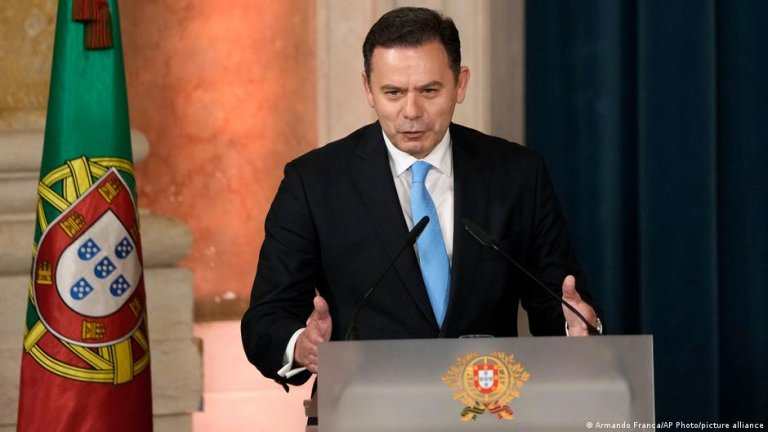
Portugal has abruptly tightened its immigration rules, ending a longstanding pathway for undocumented migrants to achieve legal status. This significant policy shift, effective immediately, has raised concerns among migrants and immigration advocates.
On June 3, Portugal’s government approved a decree that eliminates provisions allowing undocumented migrants to gain legal status through employment, entrepreneurship, or freelancing. Previously, migrants could become legal residents after working for a year and paying social security. These changes affect Articles 81, 88, and 89 of Immigration Law 59/2017.
Prime Minister Luis Montenegro cited the need to “end excessive abuse” of the immigration system and address “excessive pressure” from the growing number of migrants. He emphasized the importance of balancing immigration to manage Portugal’s declining population while avoiding policy exploitation.
Many migrants, especially those from South Asia, are now facing greater uncertainty. Portugal had been a last hope for permanent EU residency for many from countries like India, Bangladesh, Nepal, and Sri Lanka. In the past five years, over 86,000 South Asian migrants gained legal status in Portugal, with the number of non-European immigrants doubling during this period.
Immigration lawyer Gabriel Klemez Klock criticized the decree’s sudden implementation without a transition period, leaving many migrants in limbo. He argued that while concerns about the backlog of 400,000 pending residence permits are valid, cancelling the entire pathway was neither logical nor wise.
Migrants like Abdul Karim, a Bangladeshi worker, expressed frustration and despair. “I already have 10 pay slips, I pay taxes, and I’ve been living here for a year and a half. But with this decision, I have no hope. Everything is finished,” he told InfoMigrants.
The policy shift reflects a broader trend towards stricter immigration controls amid rising right-wing sentiment in Portugal. The country’s foreign population has reached one million, accounting for 10% of the total population. However, the integration and migration agency (AIMA), established last year, has struggled with staffing shortages and an overwhelming workload.
Prime Minister Montenegro acknowledged the system’s deficiencies and promised restructuring efforts to improve administrative efficiency.
Portugal’s new immigration rules mark a stark departure from its previously liberal stance, significantly impacting undocumented migrants and raising questions about future immigration policy and integration efforts.






Be First to Comment